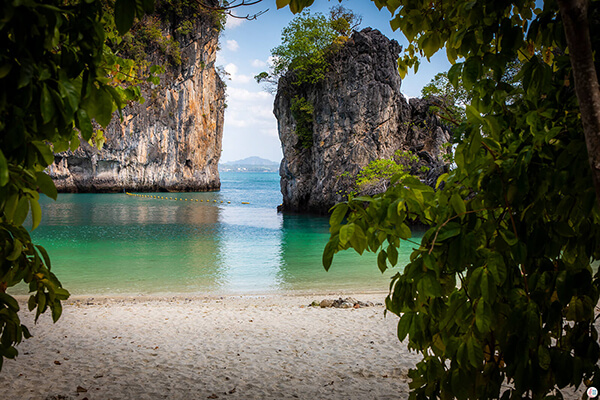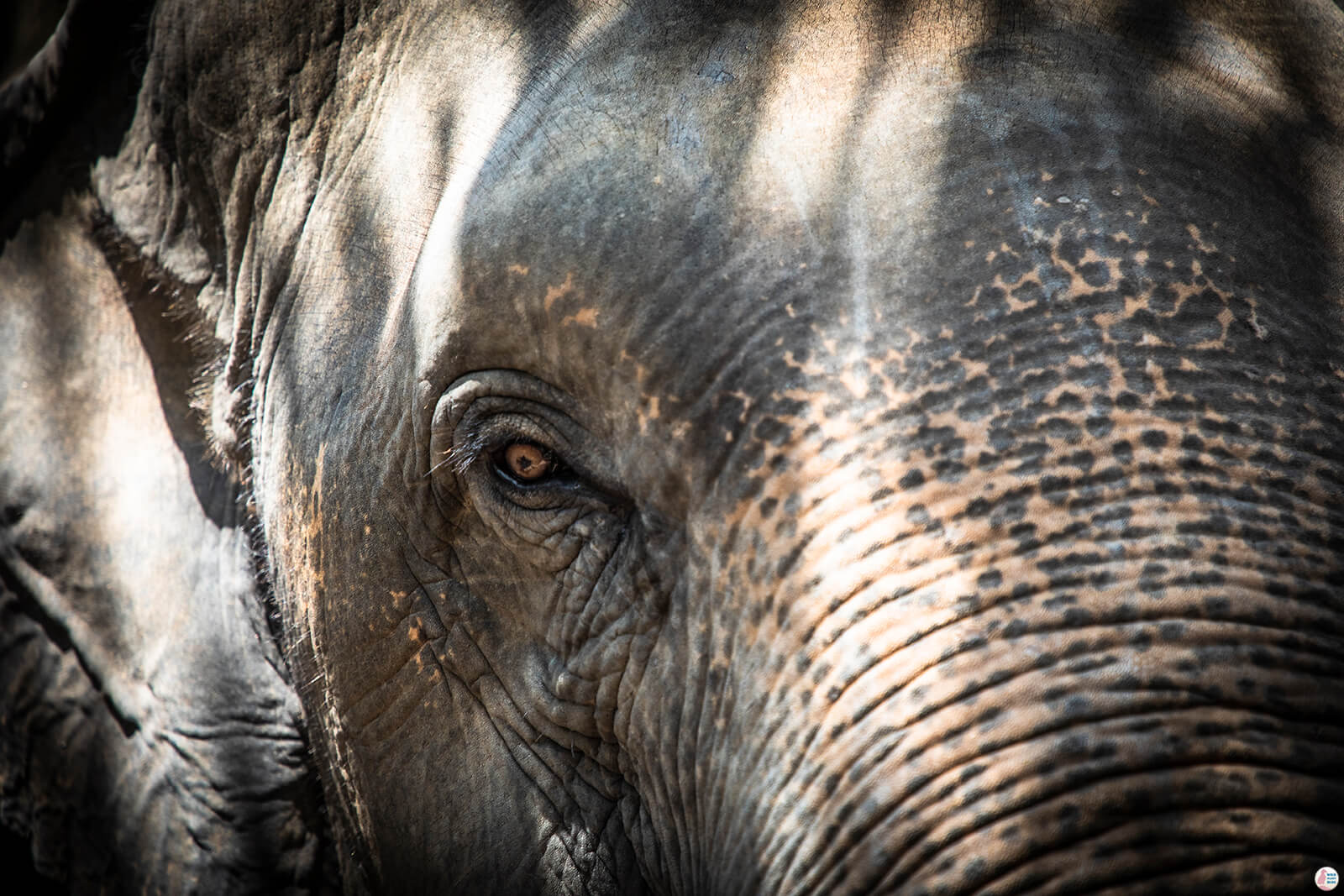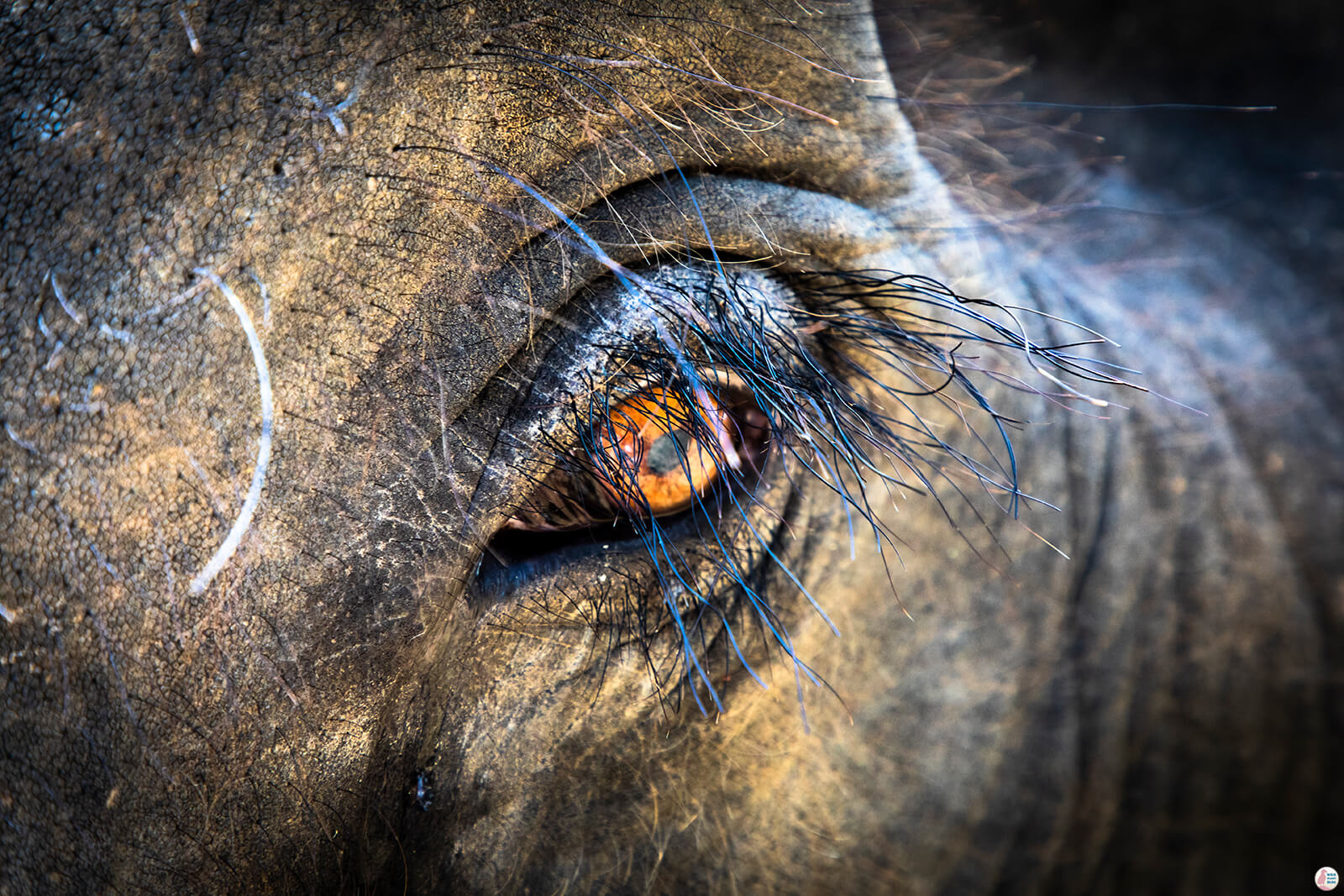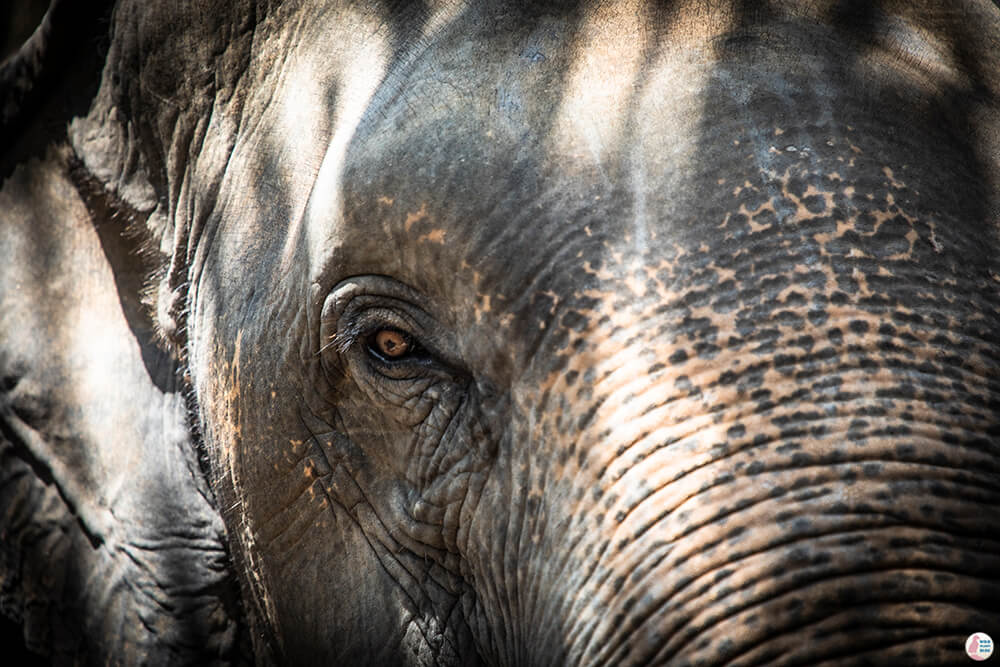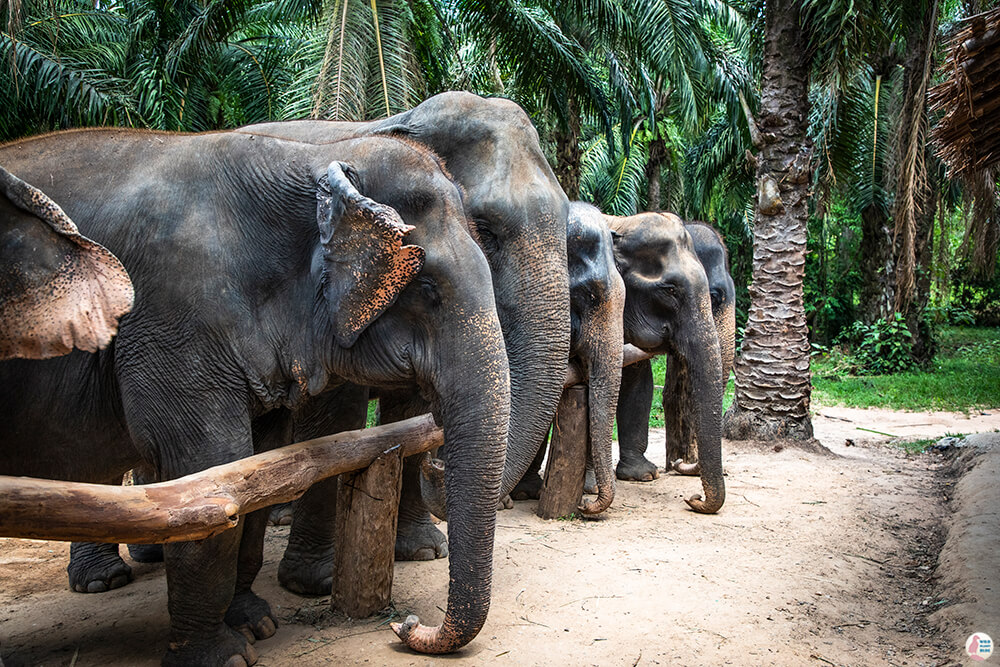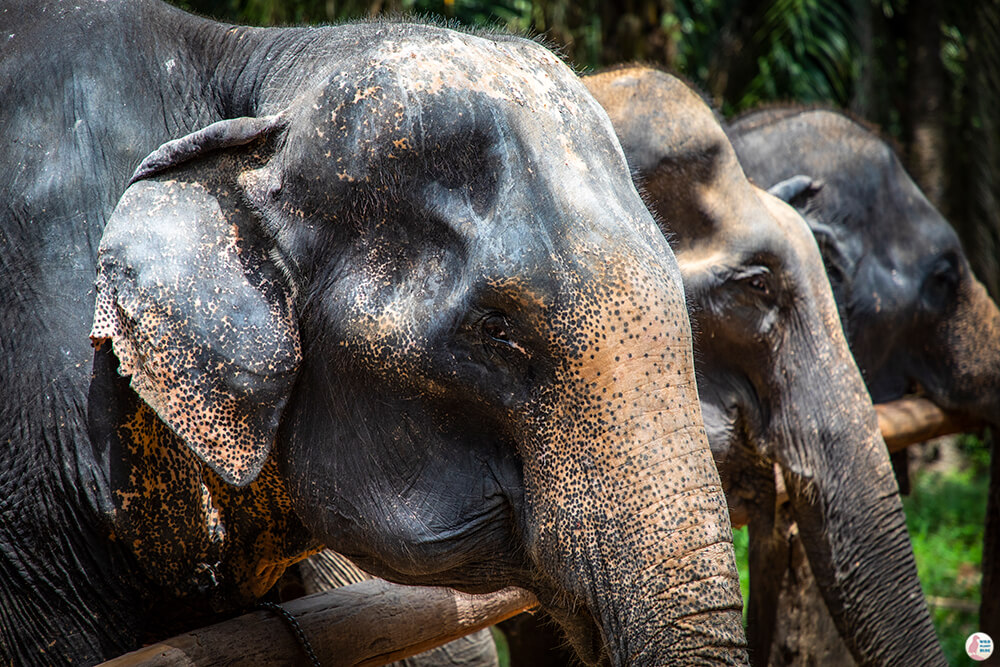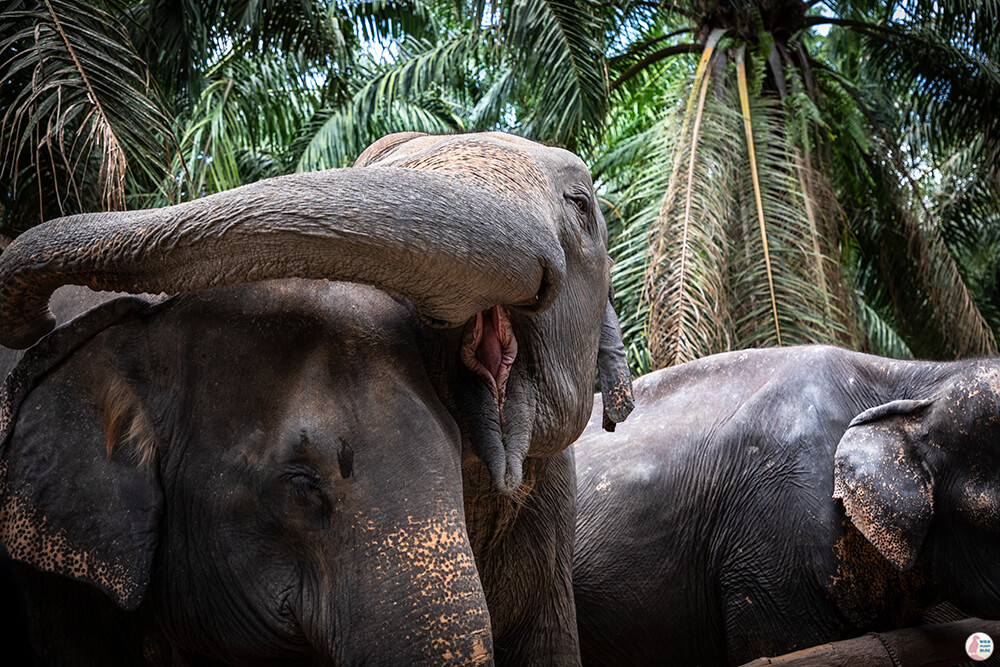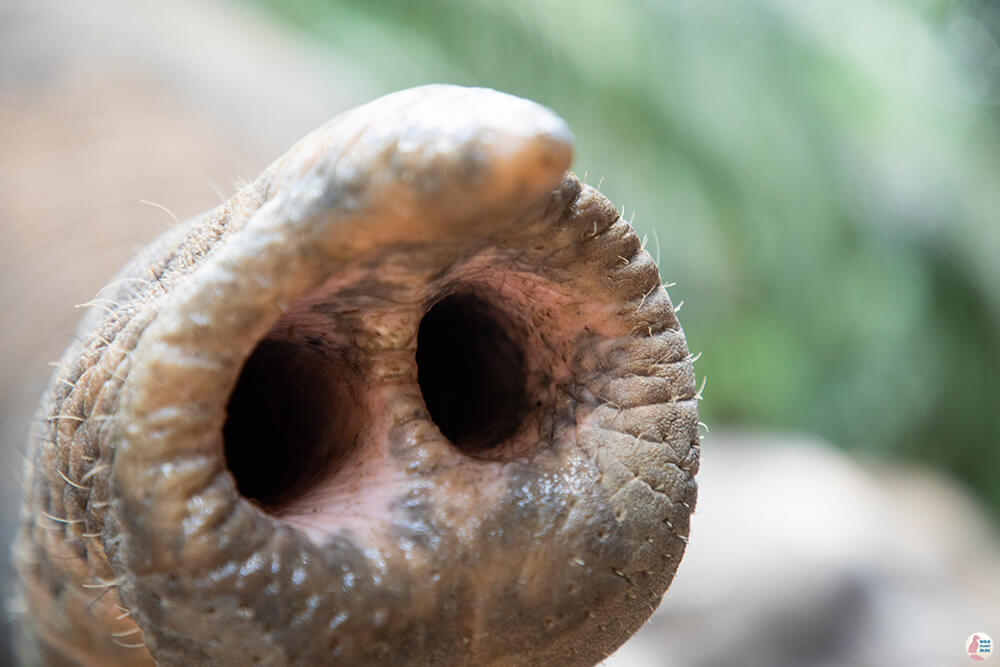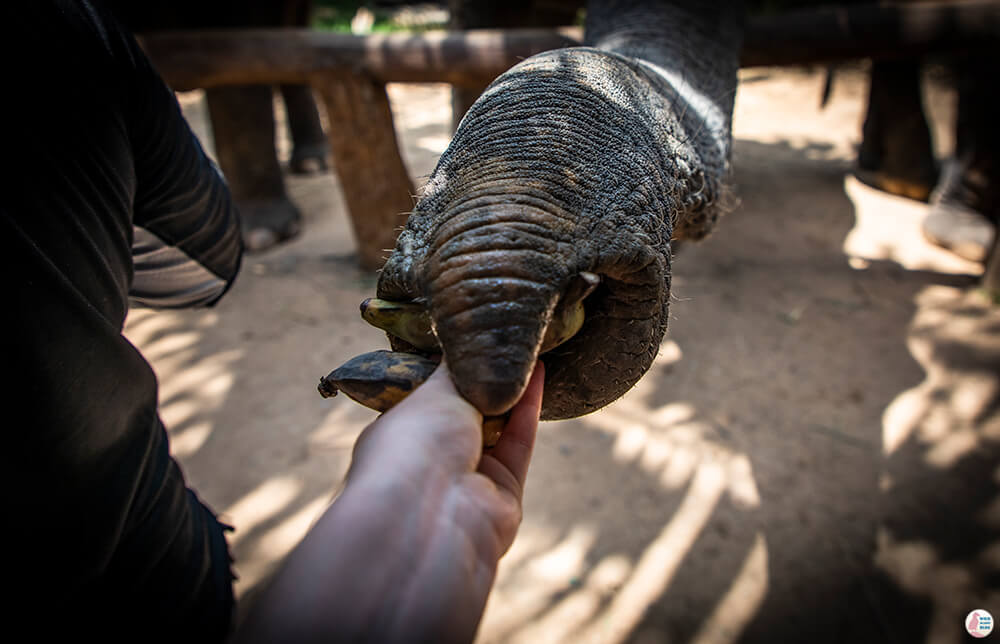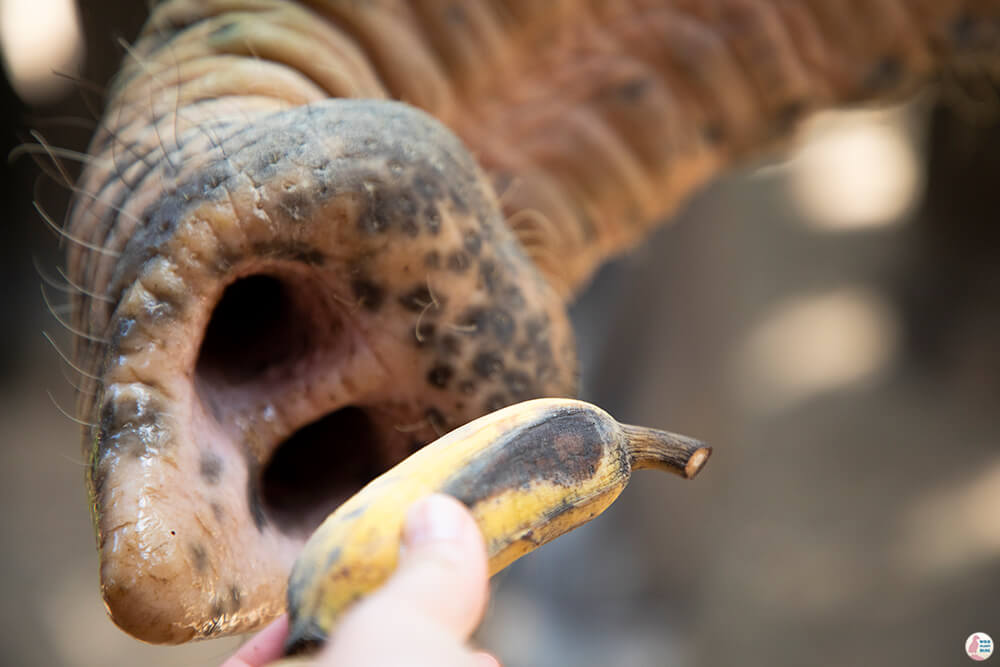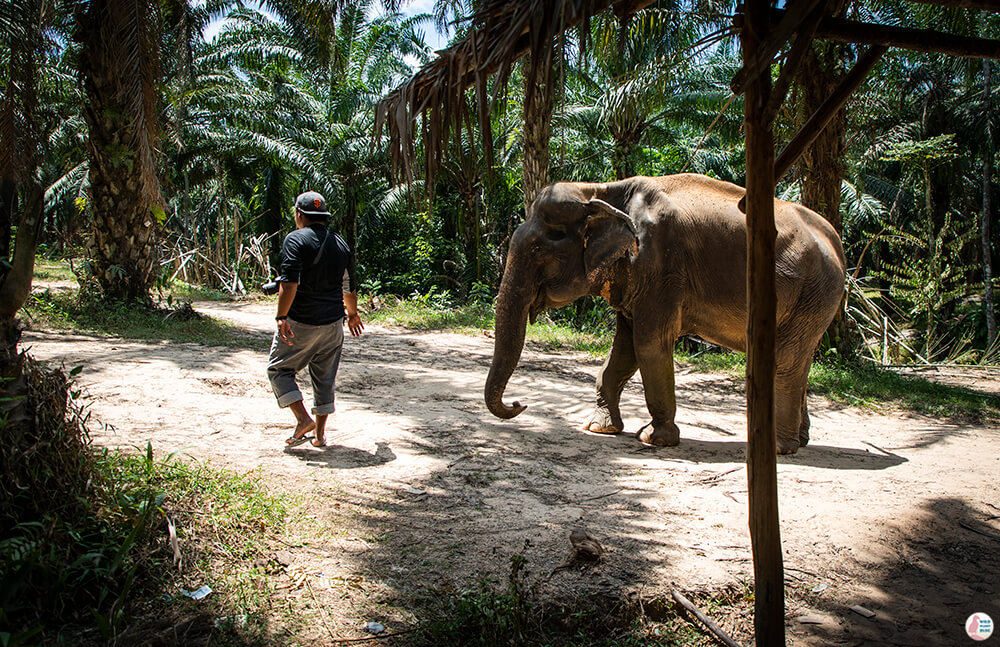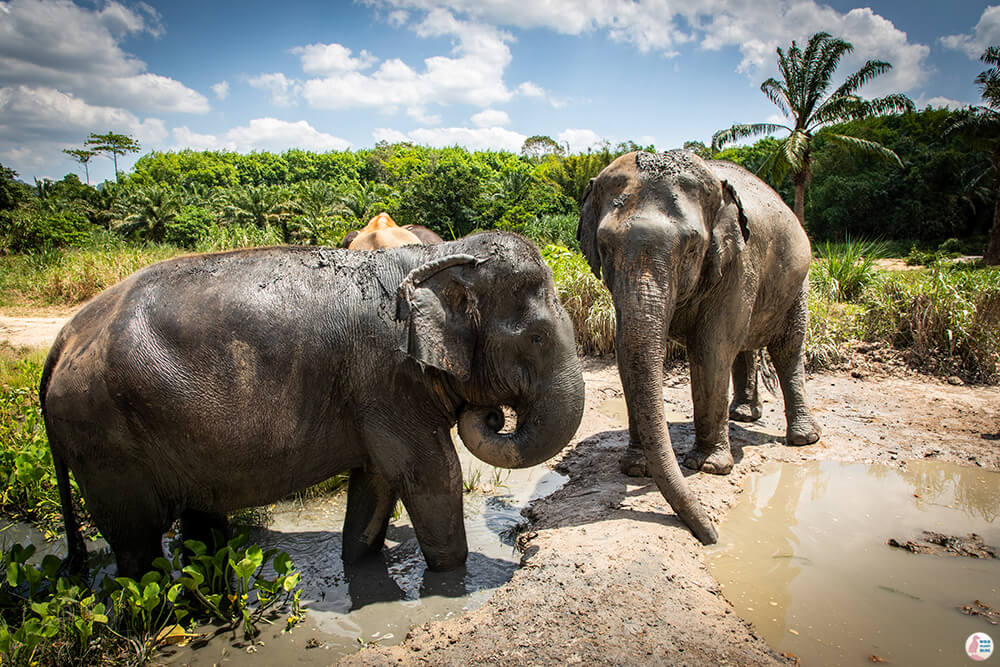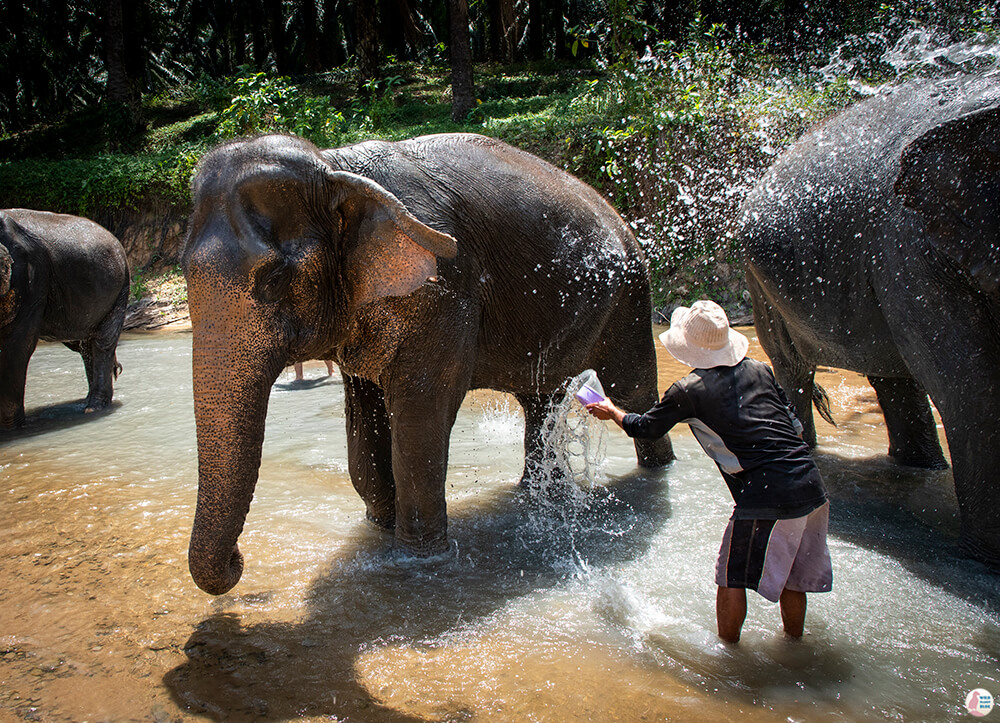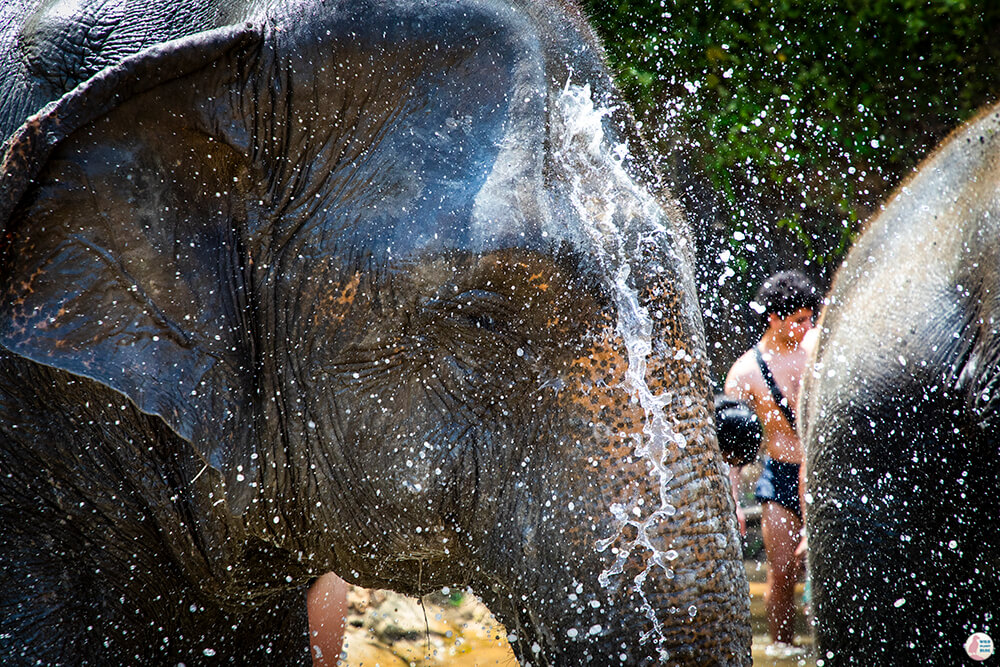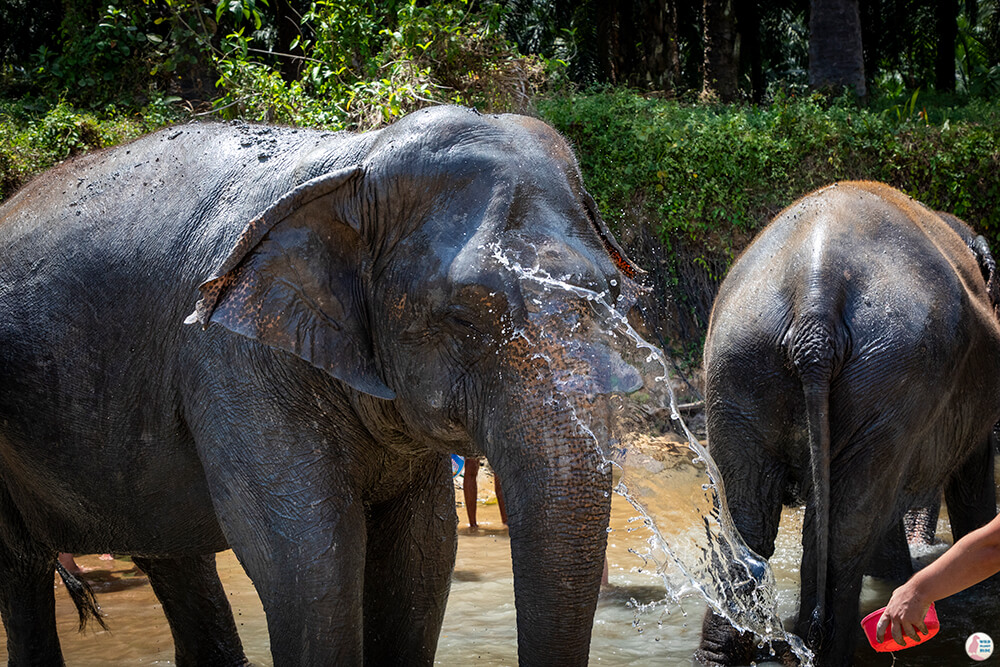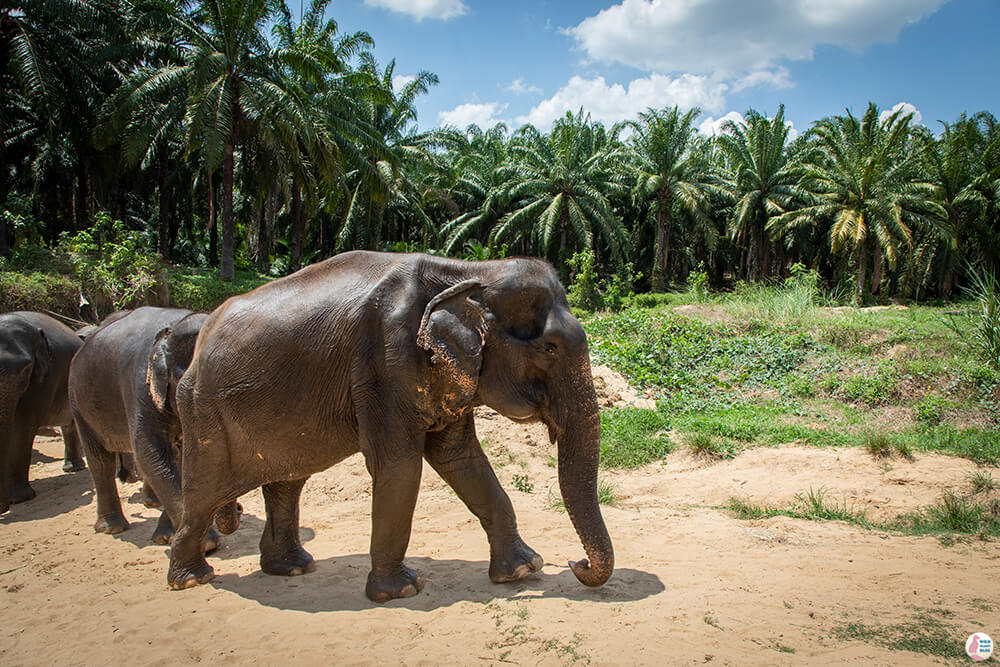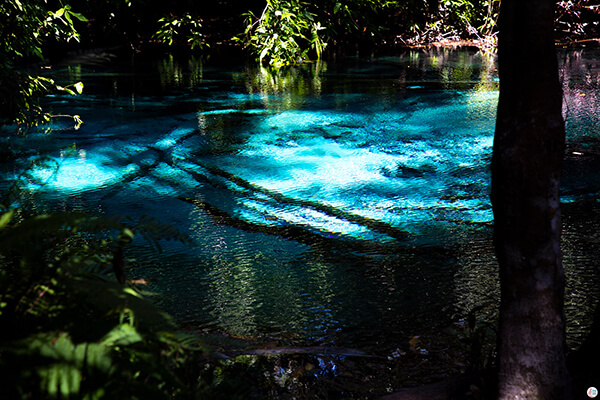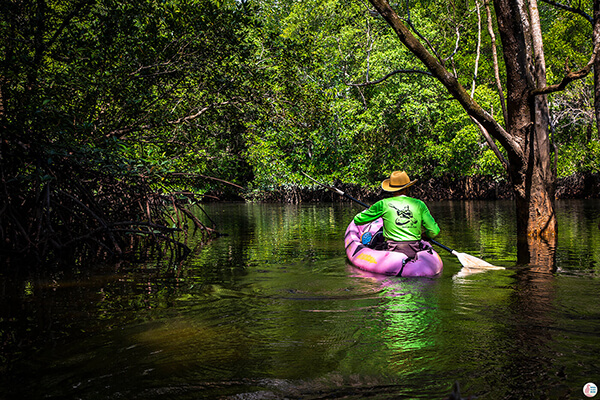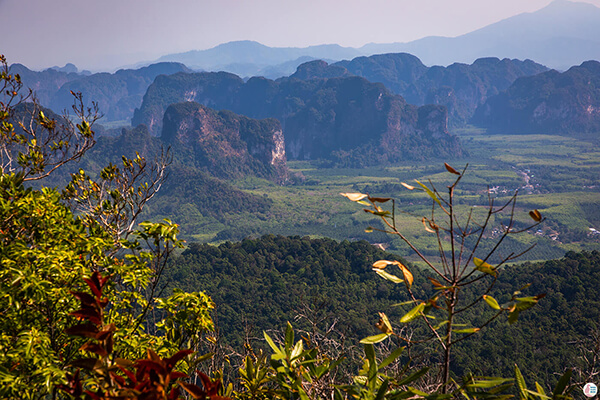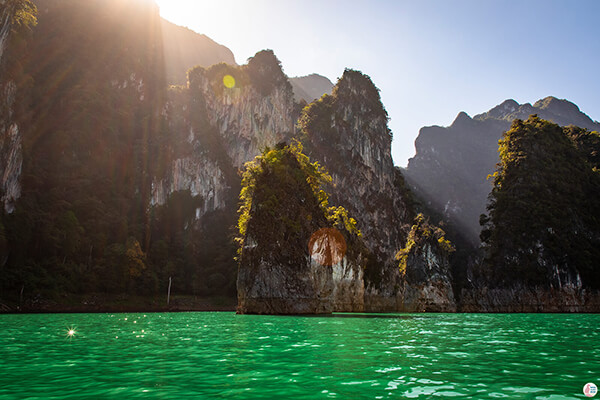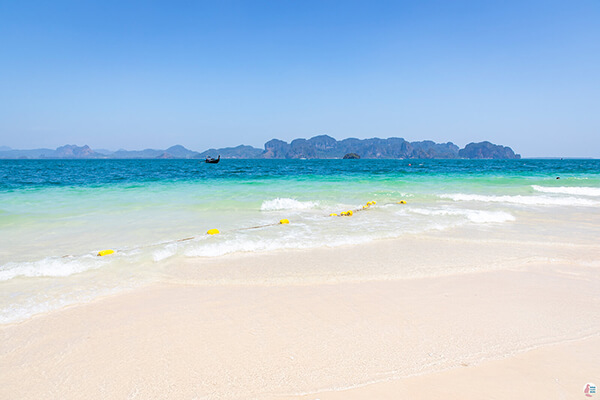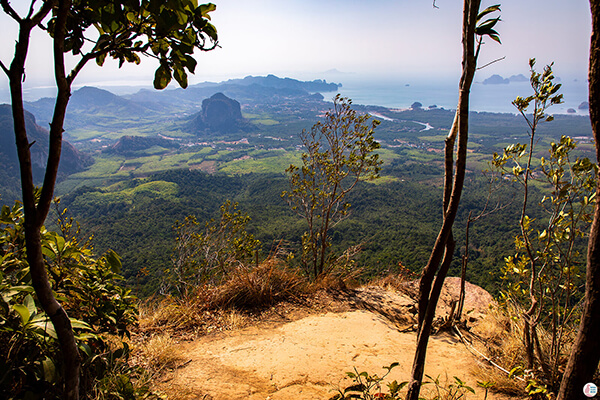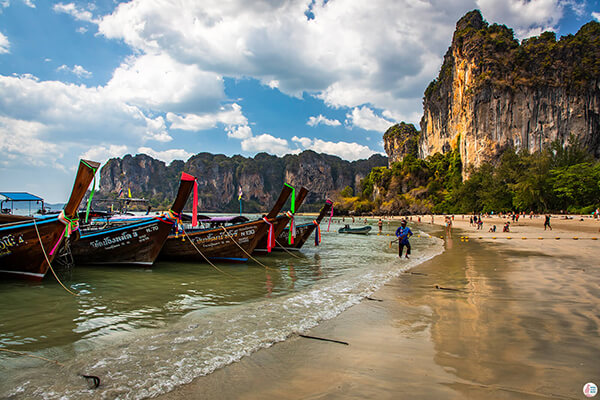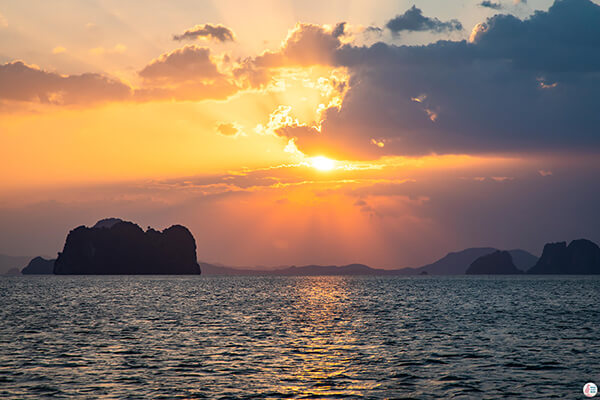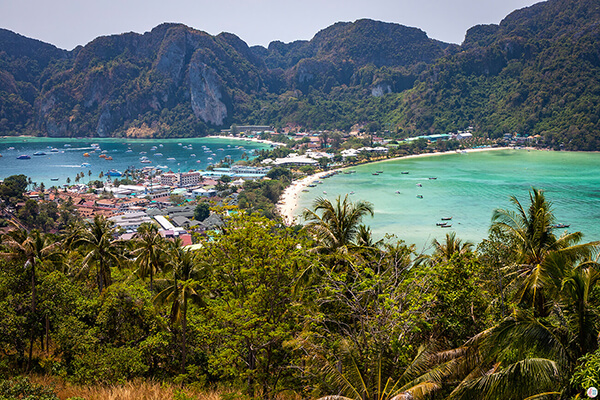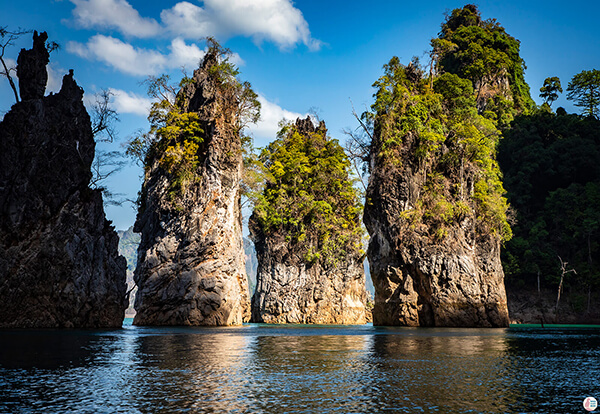This was my second visit to Thailand, and I remember back in 2016, in Phuket, I didn’t really like how the elephants were treated and how everyone just wanted a ride on the elephant, which I refused to do. At some point I saw a baby elephant strapped with a chain by its foot, with very little room to move. It couldn’t even take 2 steps away from the pole where it was chained. The baby elephant was used as entertainment for the people at a terrace and it even had to “dance” to music and do some “tricks” to get some food, all while being chained to a pole. That site was really sad, and I was afraid that in 2020, during my second visit to Thailand, I might experience that again.
Before visiting Krabi I did a little research and I found out that quite many such places are not that popular anymore and people prefer some other type of quality time with elephants, which is more enjoyable for the animals. I was really happy to read this kind of news, but I still had doubts whether it is really true.
I reserved a few hours to go visit Krabi Elephant Sanctuary and I am really happy I did because, unlike in 2016, this was a really wonderful experience!
Krabi Elephant Sanctuary is offering different kind of experiences, focusing on the well-being of the animals. The most popular one is bathing the elephants, however you could even spend an entire day at the sanctuary. For the full day experience, they had a course of making paper from elephants’ poop, which to me at least, didn’t sound very appealing, so I opted for the half day experience.
Krabi Elephant Sanctuary is located about 50 minutes’ drive from Ao Nang and most hotels here are organizing trips to the sanctuary. As usual, a minivan picked us from our hotel. You should pack a swimming suit with you or some clothes that can get wet.
When we arrived at the sanctuary, we saw the elephants “lined up”, waiting for food. I was very pleased to see that there were no chains, no ropes or any other fences around the elephants.
The guide explained a bit about the elephants, telling us that these are domestic elephants, mostly retired from a life of hard labour. All of them were females, mostly old elephants, around 50 years old and quite many of them had some kind of eye problems, such as cataracts.
Amongst them there was a younger, very playful and very energetic female, 22 years old. You could easily see the differences in age, as the younger female could barely stay still and it was all the time playing with its trunk and touching the other elephants.
We all received baskets of bananas to feed them and it was quite interesting to watch their trunks in action.
Our guide explained that each elephant has a “human-buddy” reserved for them, with whom they form a very special bond. The “elephant-man”, as they call them, are fully responsible for the elephant, they take care of it and they cannot really take any holidays away from the elephant. He also explained that each elephant has a different character, some are very calm, while others are more energetic, just like humans.
After the feeding time, we went for a short walk towards a mud pool, where we put mud on the elephant’s skin. Before going to the mud pool, you should change your clothes and put a swimming suit on. It is advisable to wear a dark suit, as the mud leaves stains. The mud acts as “sun blocker” for the elephant’s skin and they use plenty of it in their natural habitat. Mud is also essential to keep insects away and to keep cool in the scorching sun.
After the mud bath we went towards the river, where we took a bath with the elephants. We each received a bucket and a brush. The elephants love the water and might also spray a lot of water on you with their trunks. This was a truly unique experience and I recommend a bath with the elephants to anyone that loves animals!
After the bath we had time to take a shower and change our clothes. We received fresh fruit and water, after which a minivan picked us up and drove us back to our hotel.
I am truly happy to see this kind of shift in mindset when it comes to tourism in Thailand. It seems that their top priority is the well-being of the elephants and they do not offer rides, shows, nor sitting on the elephants. If you notice any “chains” in the pictures, the chains were used to support the wood structure. The elephants didn’t have anything on them and they looked completely free. In my pictures I tried to avoid including people, however you can touch the elephant and take pictures with the elephant. They all looked calm and happy.
